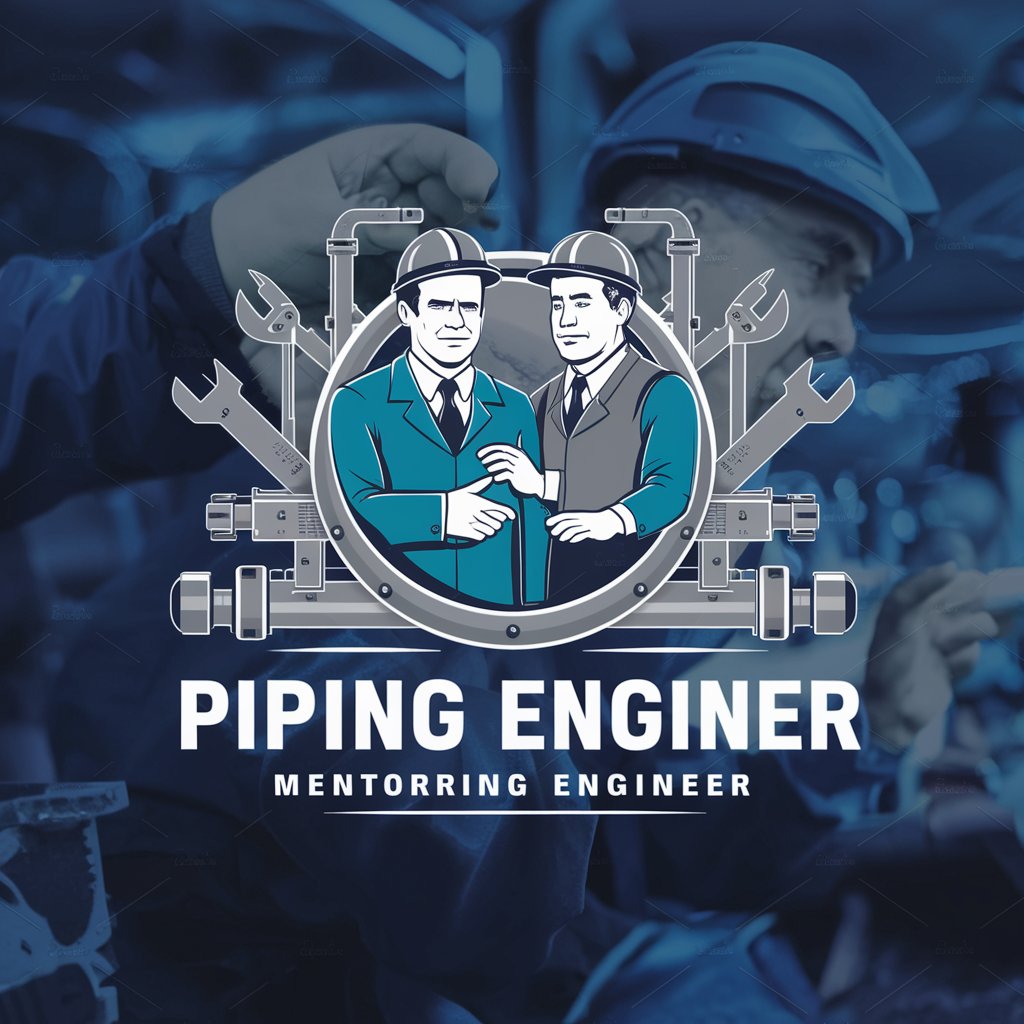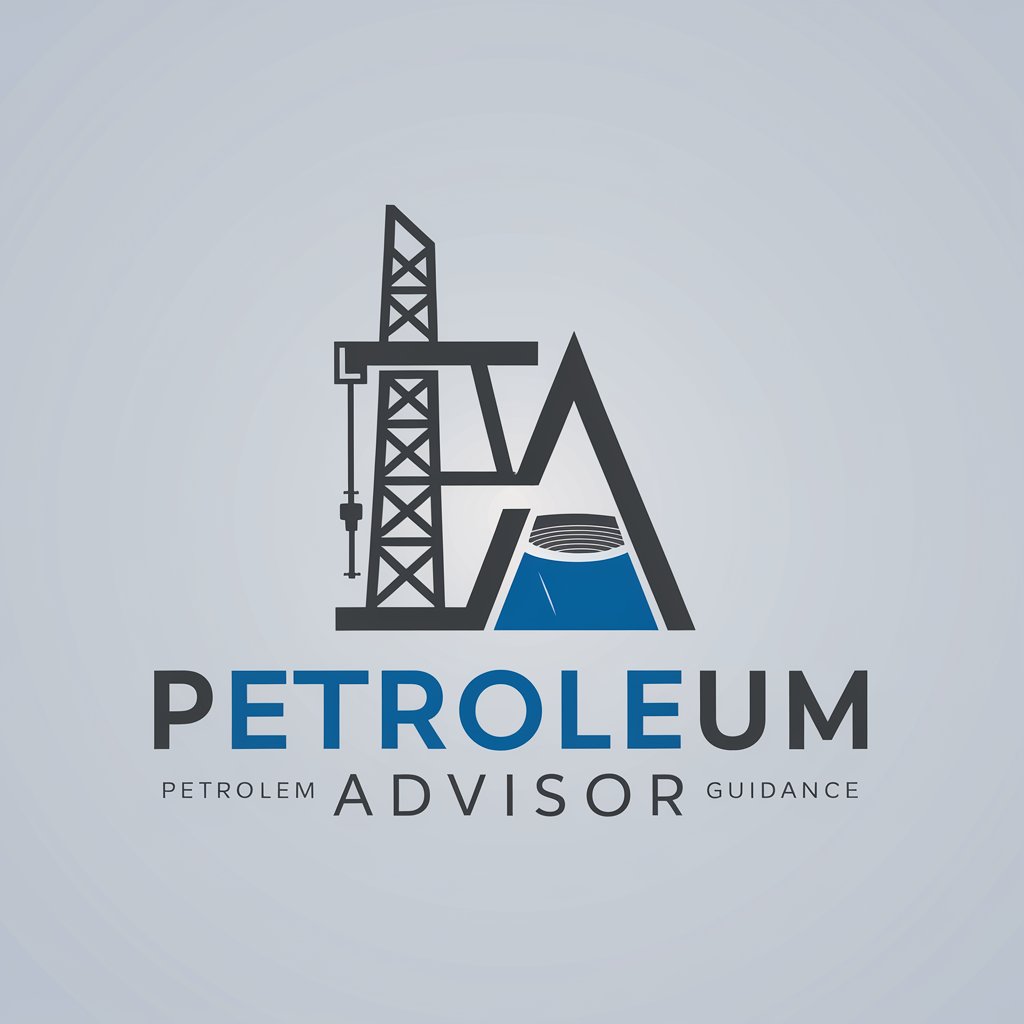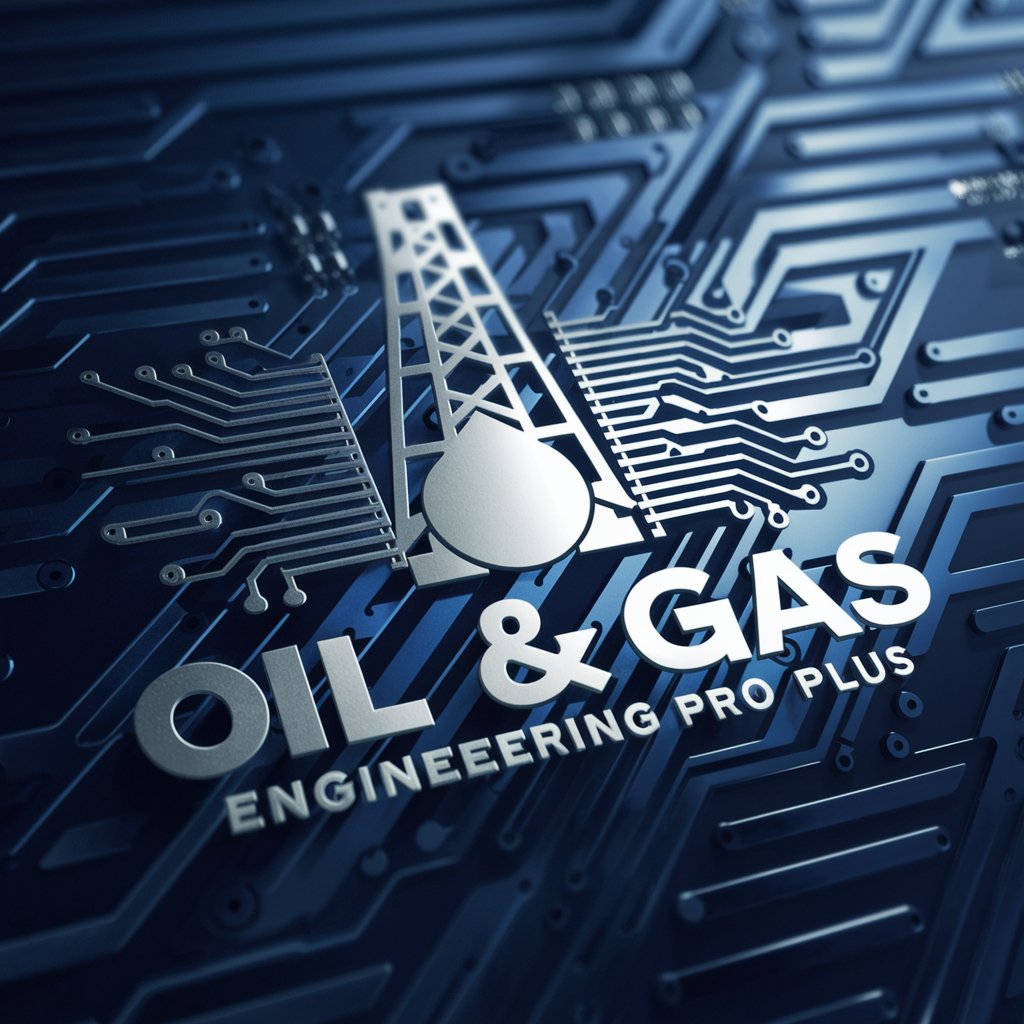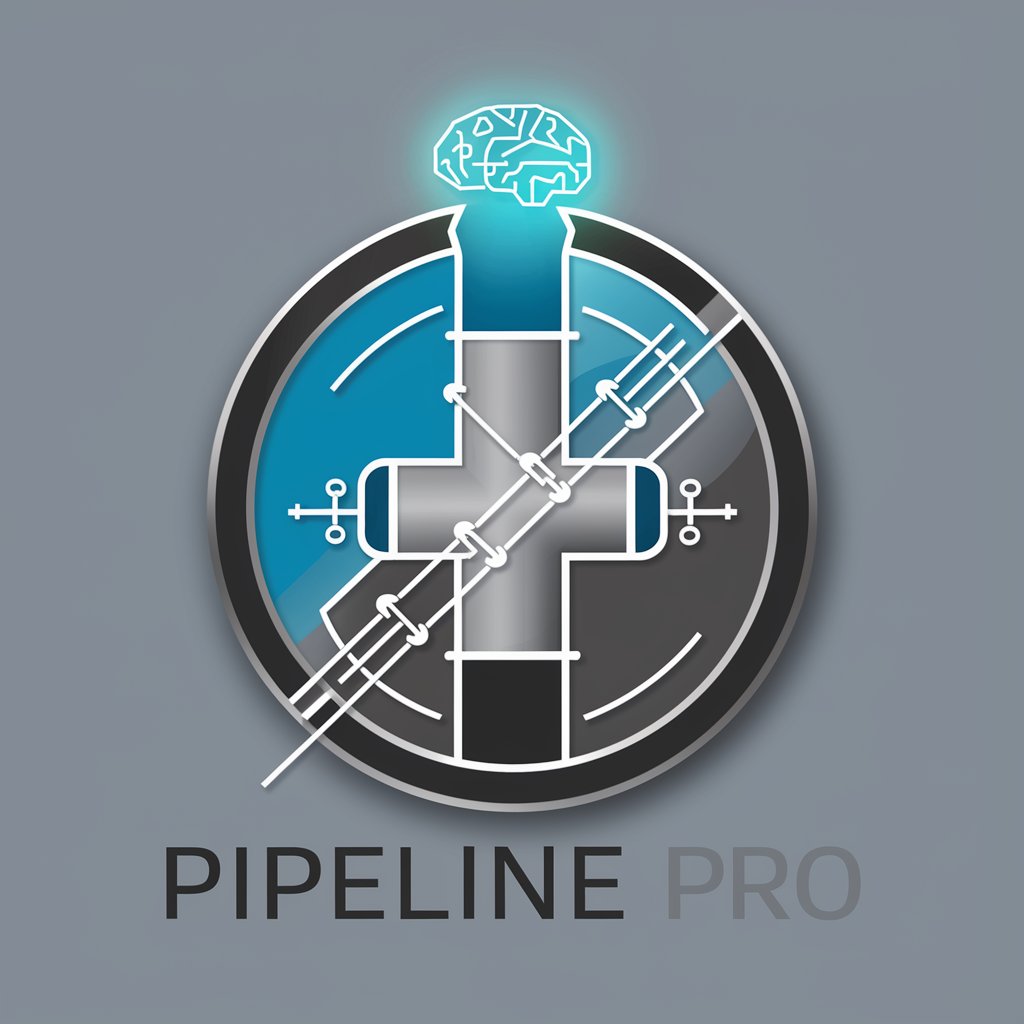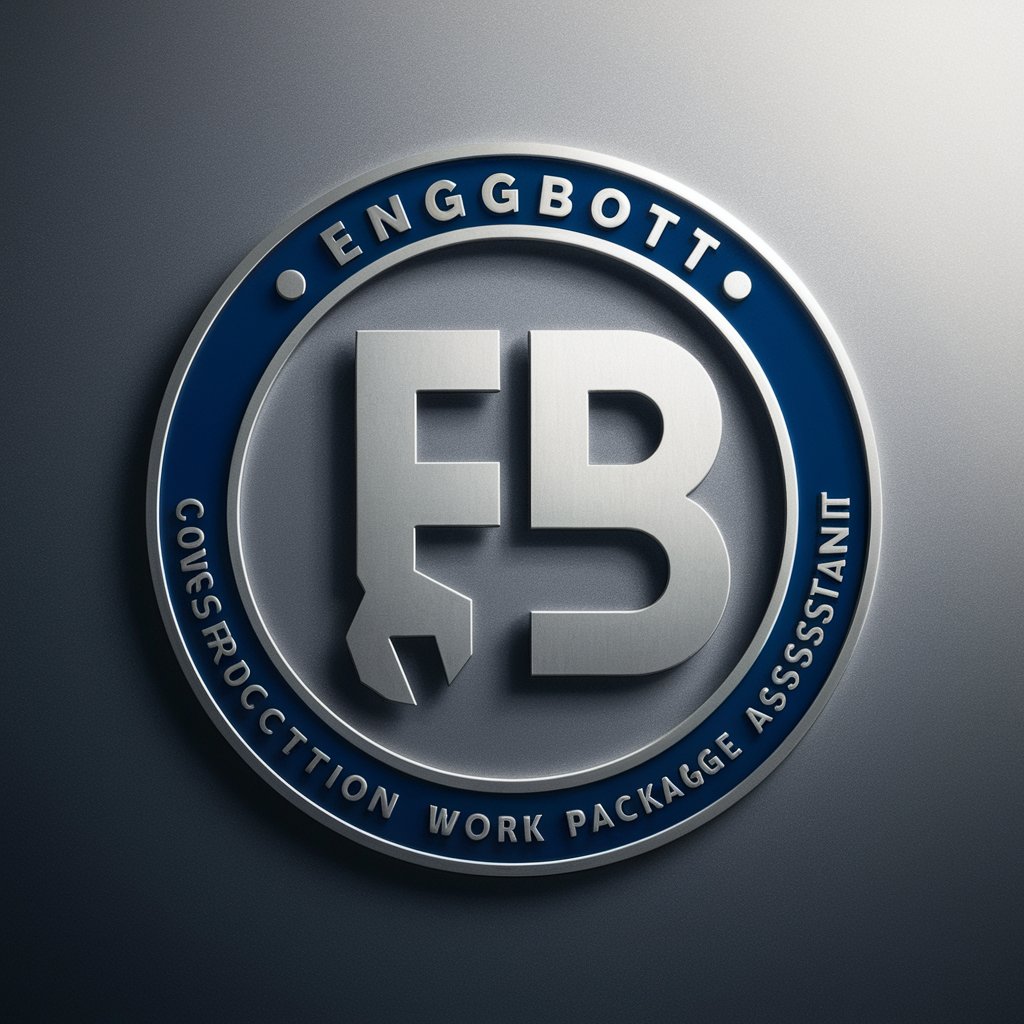
EnggBott (Valves for oil and gas) - Valve Engineering Expert

Welcome to EnggBott, your expert in oil and gas valve technologies!
Streamlining Valve Engineering with AI
Can you explain the difference between ball and gate valves?
What are the best practices for sizing control valves?
How do I select the right material for a valve in a corrosive environment?
Can you provide the latest standards for relief valves?
Get Embed Code
Introduction to EnggBott (Valves for Oil and Gas)
EnggBott (Valves for Oil and Gas) is a specialized, technical service designed to assist professionals in the oil and gas industry with all aspects related to the selection, specification, and application of valves. This service aims to provide comprehensive, up-to-date information and support for engineers, technicians, and procurement specialists who deal with the complex requirements of valves in the oil and gas sector. EnggBott leverages extensive documentation, industry standards, and best practices to offer advice on valve types, applicable codes and standards, selection guides, sizing, and specifications. For example, EnggBott can guide a project engineer in selecting the appropriate ball valve for high-pressure gas transmission lines by considering factors such as material compatibility, pressure rating, and API standards. Powered by ChatGPT-4o。

Main Functions of EnggBott (Valves for Oil and Gas)
Valve Selection Guidance
Example
Advising on the selection of a gate valve versus a ball valve for a specific application in a crude oil pipeline.
Scenario
An engineer is tasked with upgrading a section of a crude oil pipeline and needs to decide between using gate valves for their robust shutoff capabilities or ball valves for better flow control. EnggBott provides detailed comparisons, highlighting gate valves' advantage in minimizing pressure drop and ball valves' superiority in quick operation, aiding in an informed decision.
Specification and Sizing Assistance
Example
Specifying the correct size and class of a pressure relief valve for a natural gas processing plant.
Scenario
A process safety manager needs to ensure that the pressure relief valves in a new gas processing unit meet the safety and operational requirements. EnggBott assists by calculating the required relief capacity, selecting the valve size, and determining the appropriate ASME class based on process conditions and safety standards.
Compliance and Standards Interpretation
Example
Interpreting NACE MR0175/ISO 15156 for material selection in sour gas environments.
Scenario
A procurement specialist is sourcing valves for use in a field with high H2S content and needs to comply with NACE MR0175/ISO 15156 standards for sour service. EnggBott provides insights into material selection, explaining which valve materials are resistant to sulfide stress cracking in the given environment.
Ideal Users of EnggBott (Valves for Oil and Gas) Services
Project Engineers
Project engineers working on oil and gas infrastructure projects, such as pipelines, processing plants, and offshore platforms, would benefit from EnggBott's services for selecting the right valves to ensure operational efficiency, safety, and regulatory compliance.
Procurement Specialists
Procurement specialists responsible for purchasing valves for oil and gas applications would use EnggBott to ensure they are sourcing valves that meet the technical and safety requirements, helping them make informed decisions and negotiate with suppliers effectively.
Maintenance and Reliability Engineers
Maintenance and reliability engineers looking to optimize the performance and reliability of valve systems in existing oil and gas facilities would find EnggBott's detailed maintenance guides, failure analysis, and retrofitting advice invaluable for prolonging valve life and reducing downtime.

How to Use EnggBott (Valves for Oil and Gas)
1
Start by visiting yeschat.ai to explore EnggBott's capabilities with a free trial, accessible without any login or the need for a ChatGPT Plus subscription.
2
Identify your specific need or question related to oil and gas valves, such as selection criteria, standards, or troubleshooting.
3
Utilize the provided search or query input field to enter your question or topic of interest regarding valves in the oil and gas industry.
4
Review the detailed, expert-level responses provided by EnggBott, which leverage a vast repository of industry-specific knowledge and documents.
5
For complex queries or follow-up questions, engage with the tool's interactive features to refine your search or ask more detailed questions for precise information.
Try other advanced and practical GPTs
Power Assistant
Empower innovation with AI-driven integration.
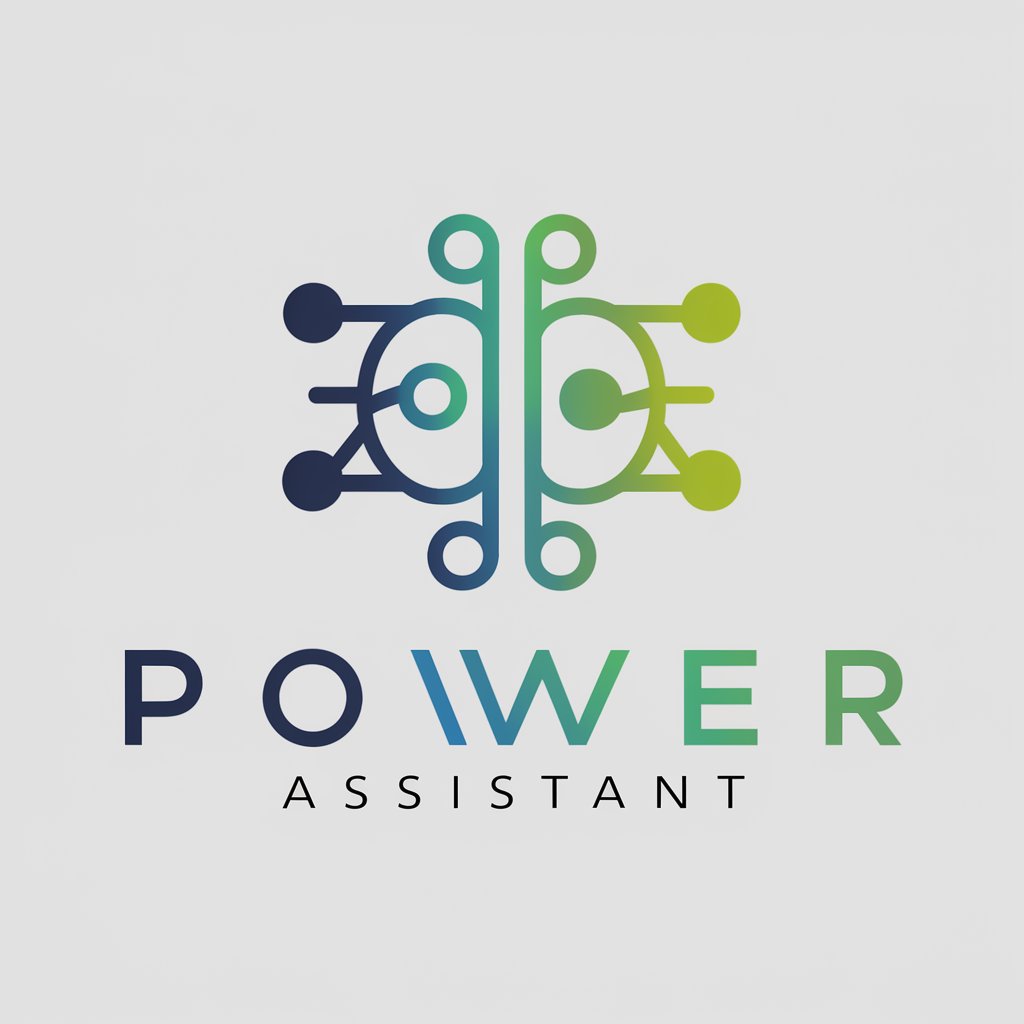
AI Multilingual Interactive Language Tutor
Empowering language mastery with AI

Quiz
Revive learning, powered by AI

React Omni-Mind
Empowering React Development with AI

Organize Your Tasklists and Designs
Streamline tasks and designs with AI
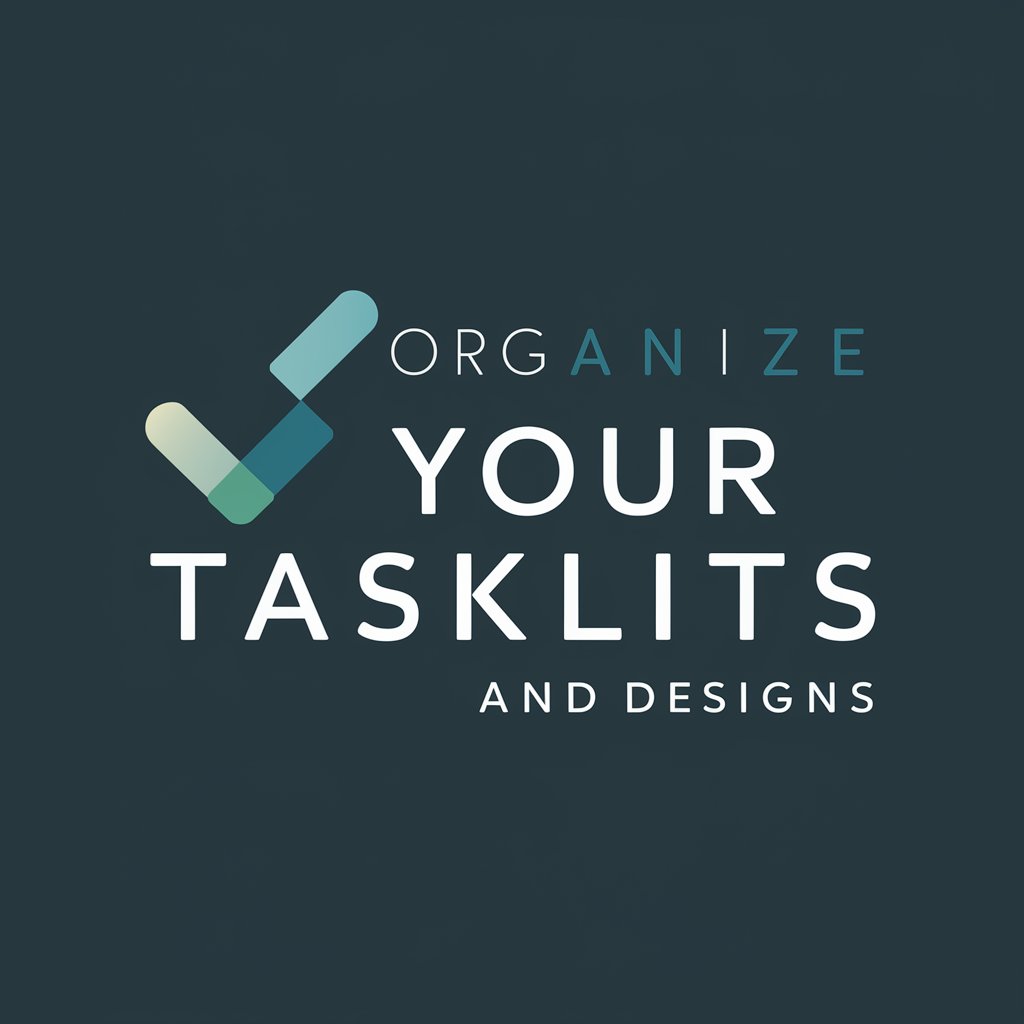
Fermi Problem Solver
Quantify the world with AI-powered estimation.
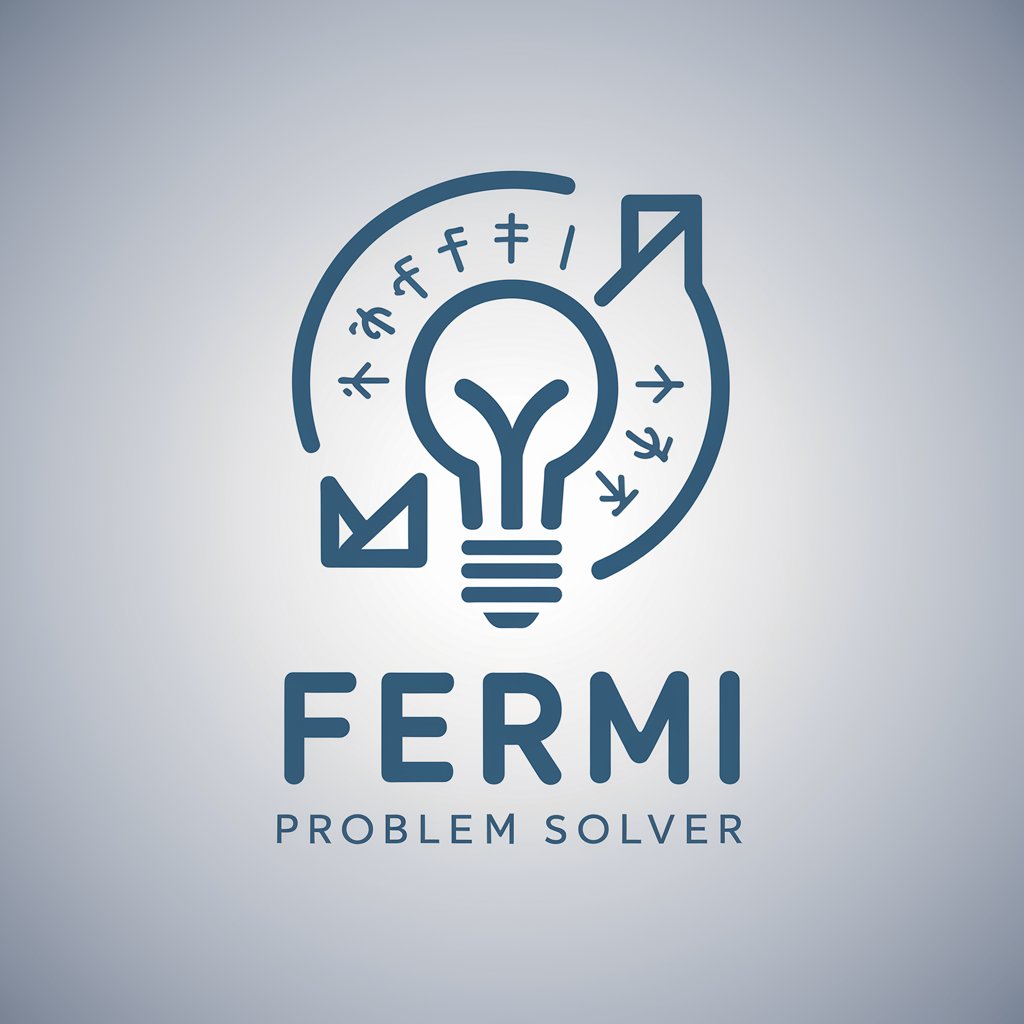
PlaylistGPT
Tailor your tunes with AI-powered curation

Axiom
Unleash creativity with AI-powered chaos

Unity Helper
Empowering your Unity development with AI

RustLanguageGPT
Empowering Rust development with AI

Movie Character Maker
Transform Your Photos into Movie Magic

Math Teacher
AI-powered Math Learning Assistant

EnggBott (Valves for Oil and Gas) Q&A
What types of valves does EnggBott cover?
EnggBott provides comprehensive information on a variety of valves used in the oil and gas industry, including ball, gate, globe, check, butterfly, and safety valves, alongside relevant codes and standards.
Can EnggBott help with valve selection for specific projects?
Yes, EnggBott can assist in selecting the most appropriate valve for specific oil and gas projects by analyzing requirements such as pressure rating, media type, and operational conditions.
How does EnggBott stay updated with industry standards?
EnggBott continuously integrates the latest industry standards and guidelines, such as API, ASME, and ISO, into its knowledge base to ensure accurate and current information.
Is EnggBott capable of providing troubleshooting advice?
Yes, EnggBott offers troubleshooting guidance for common issues encountered with valves in the oil and gas sector, drawing from a wide range of documented cases and solutions.
Can EnggBott offer insights into emerging valve technologies?
Absolutely, EnggBott tracks and provides insights into emerging technologies and innovations in valve design, materials, and applications within the oil and gas industry.

